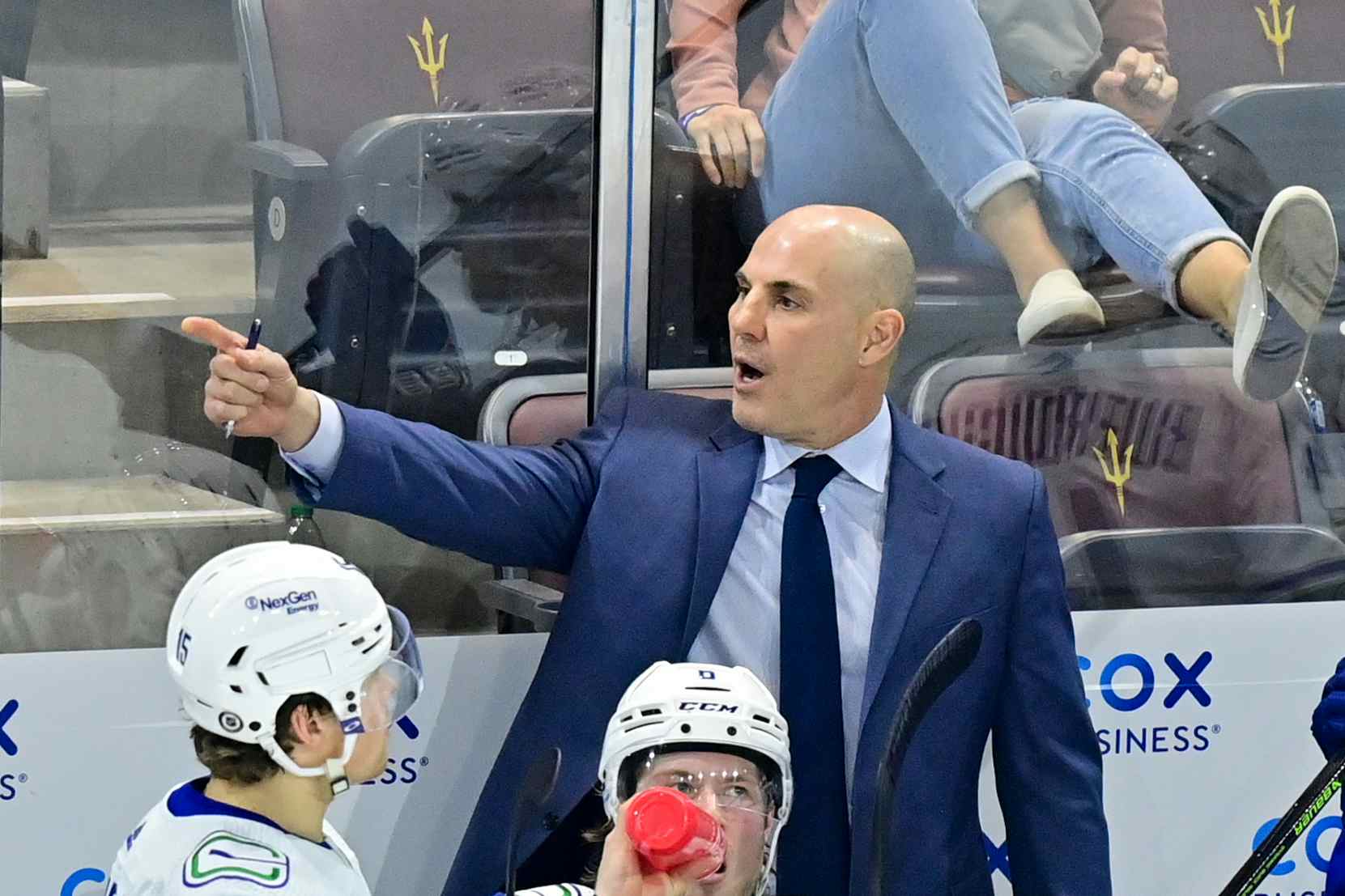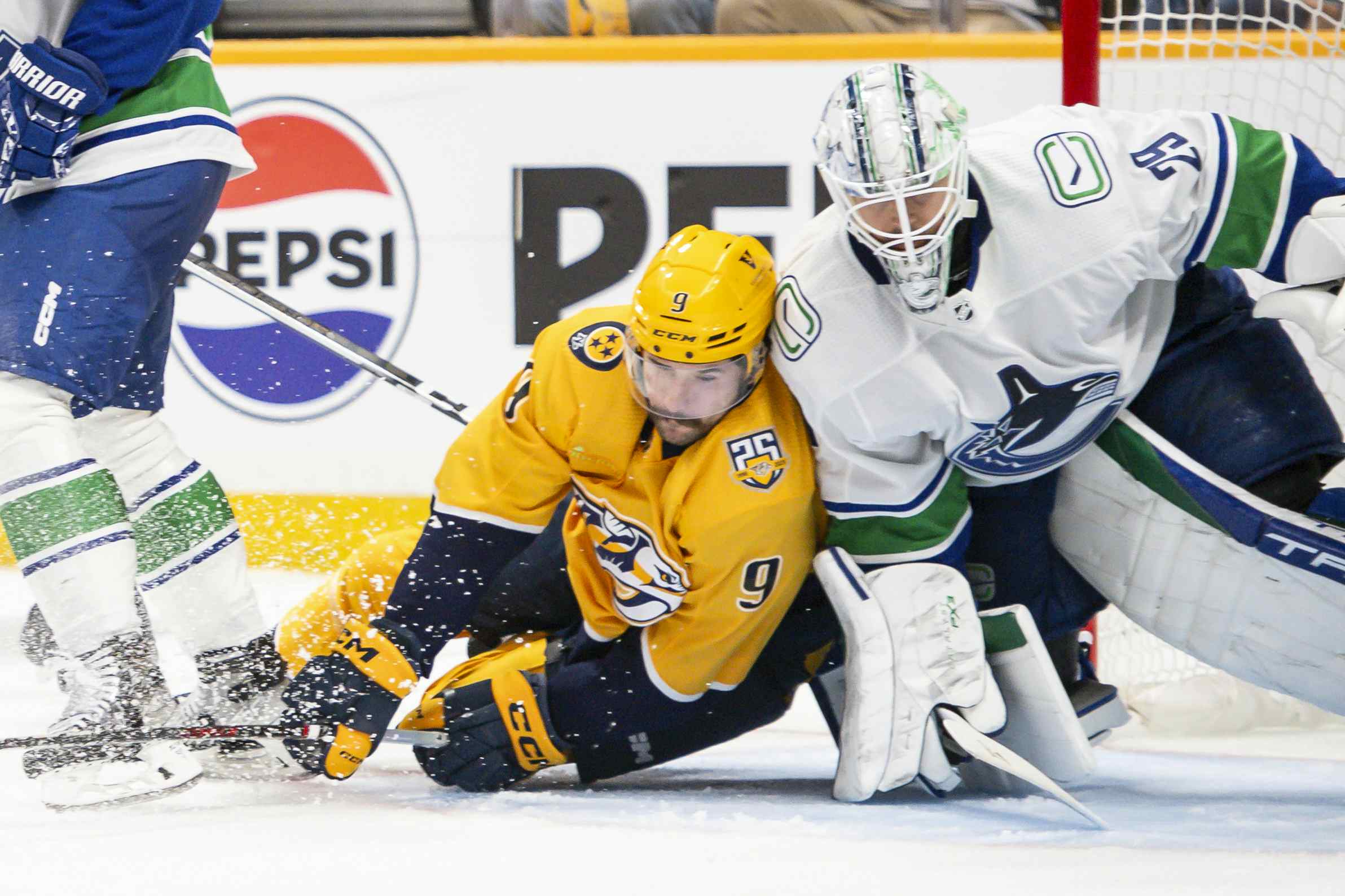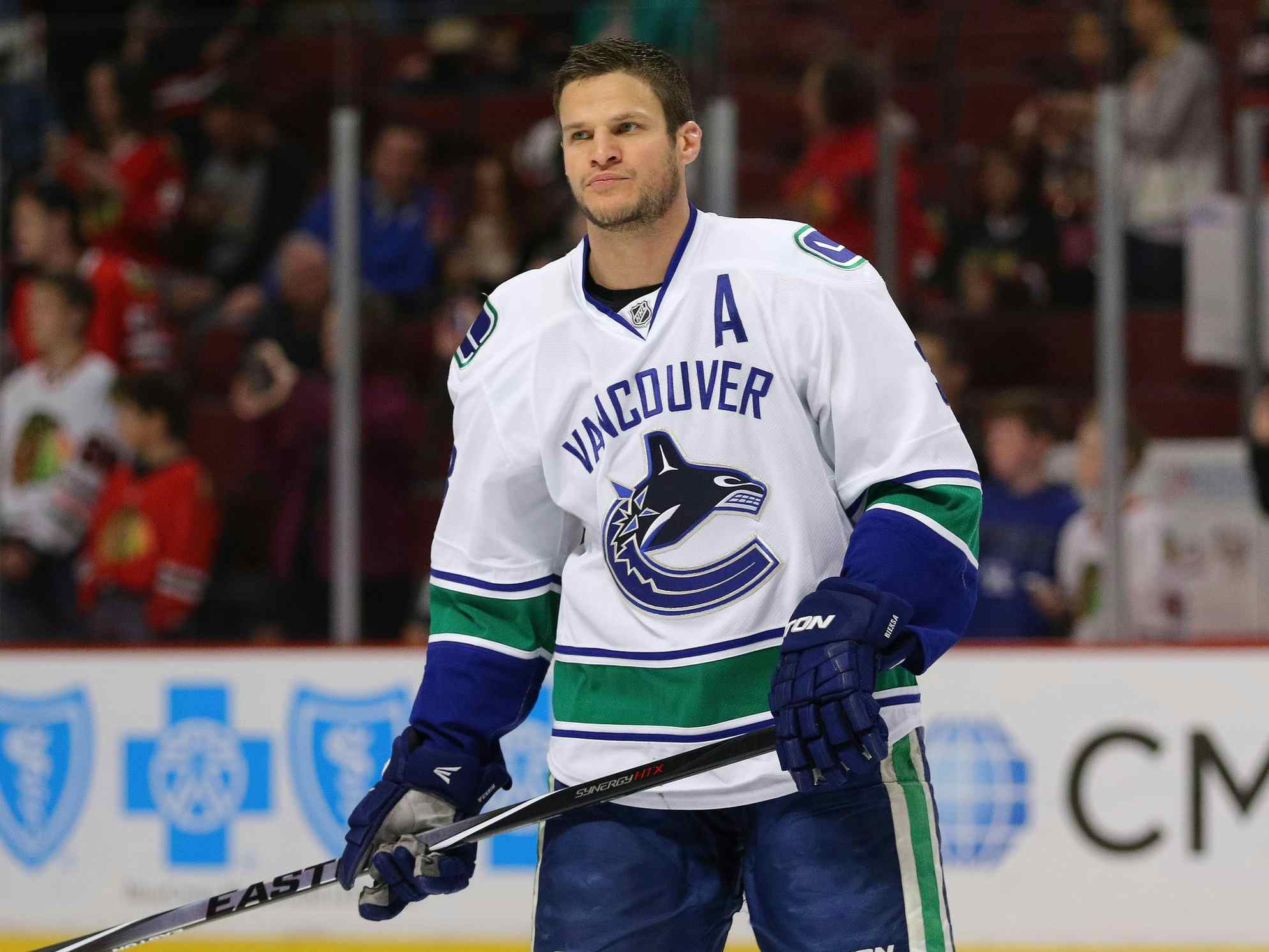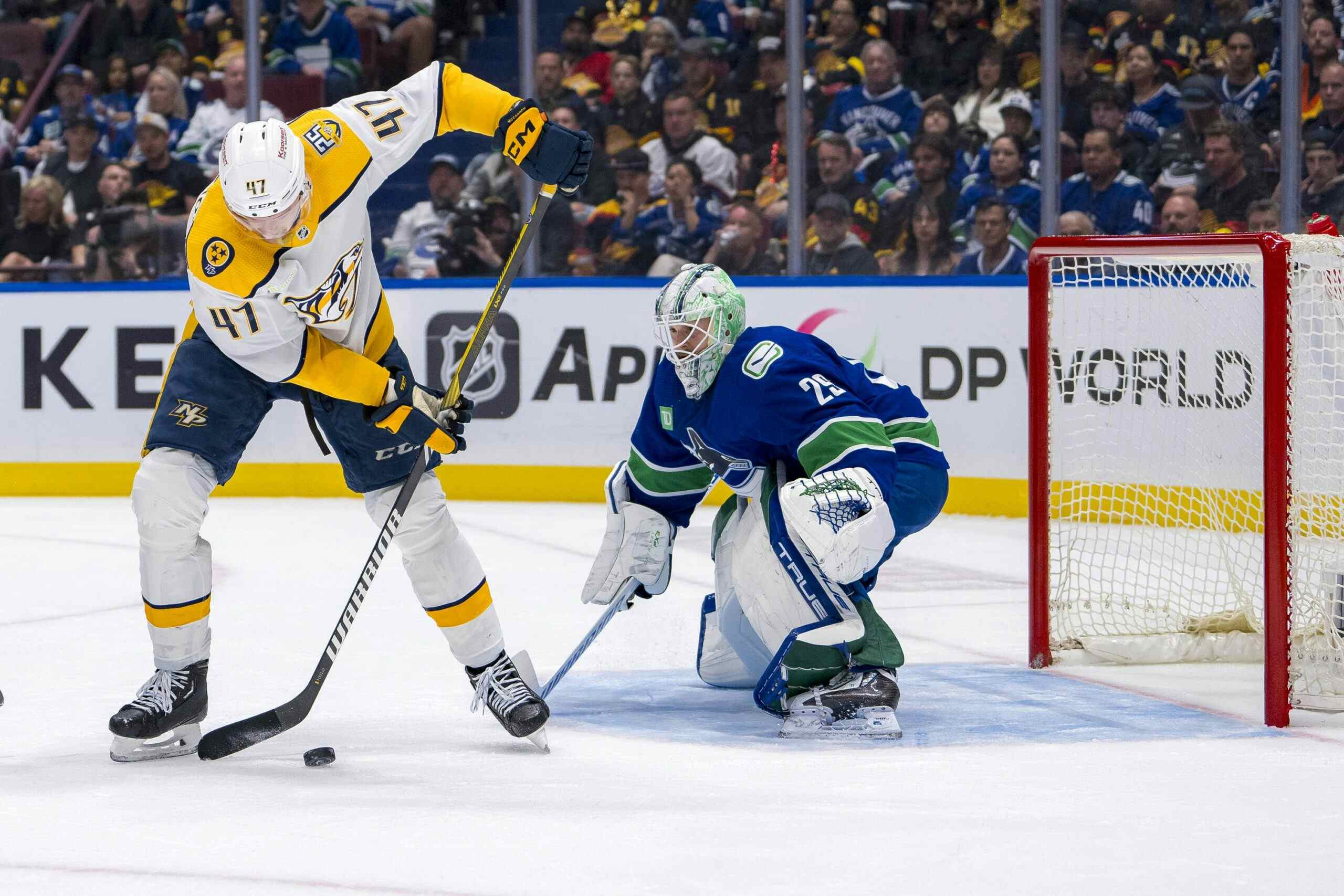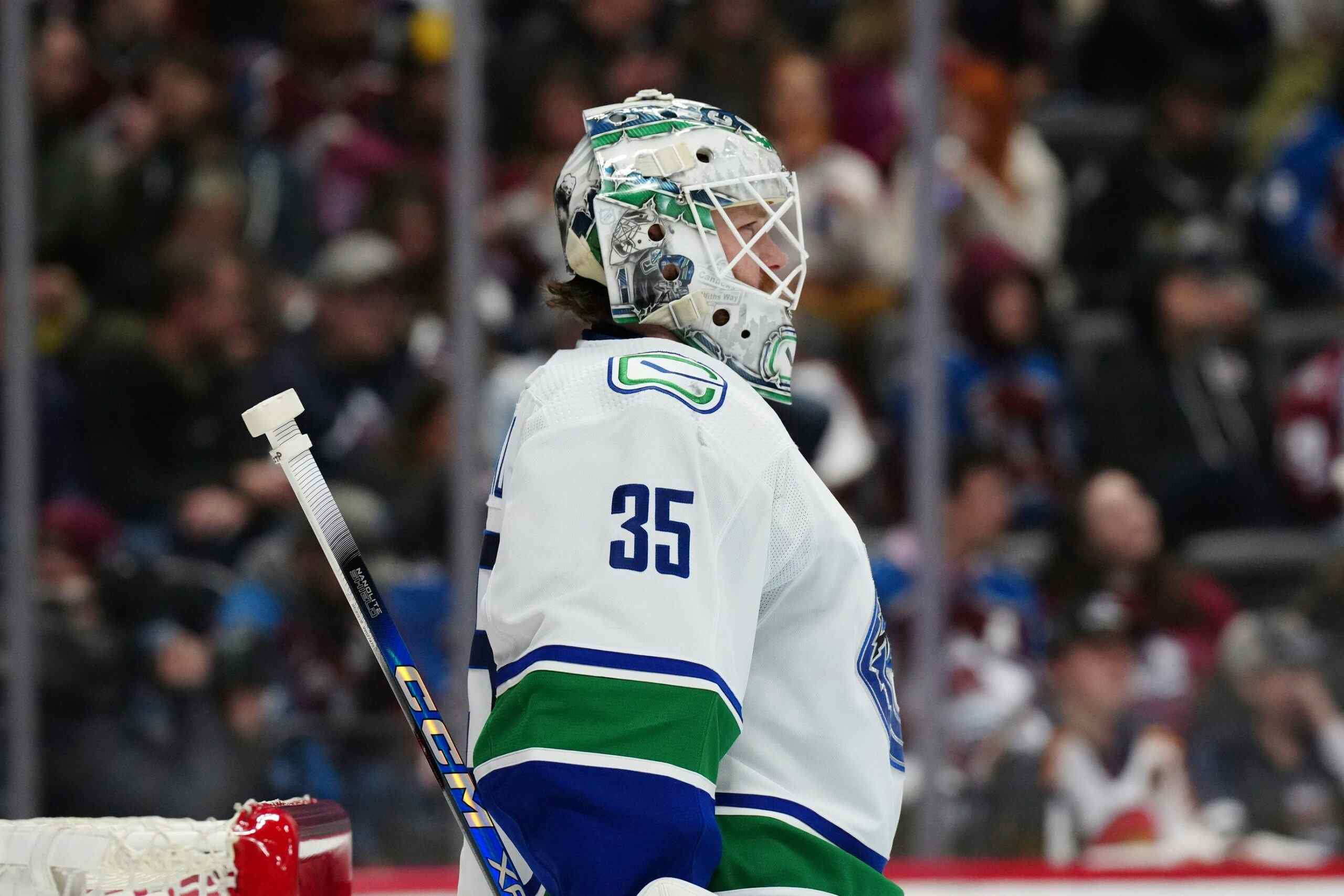The Trevor Linden Trade: Hurray, Mike Keenan!
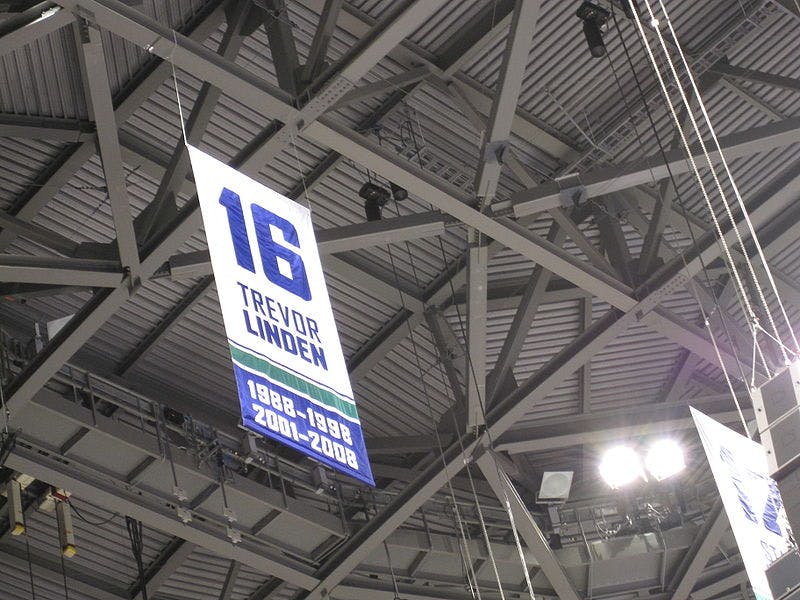
Photo: Bad Intentionz/Wikimedia/CC BY-SA 3.0
For Canucks fans of a certain vintage, there’s no player that compares to Trevor Linden. The much-loved former captain captured the emotions of fans in a way that more talented players, such as Alexander Mogilny and Pavel Bure never did.
The man who sent him away, Mike Keenan, falls on the other end of the emotional spectrum. Keenan became the principle figure in hockey operations on the team between the firing of Pat Quinn late in 1997 and the hiring of Brian Burke in the summer of 1998; he was Vancouver’s de facto general manager. When he’s remembered, it’s typically with loathing.
Interestingly, the trade he’s perhaps best known for – the February 1998 deal that saw Linden shipped to Long Island – ultimately paid off in spades for Vancouver.
The trade of Linden was the biggest in a series of moves pulled off by the Canucks’ interim management committee (also a member of that committee: current Oilers general manager Steve Tambellini).
Linden had been the team’s captain until earlier in the season, when he relinquished the letter to free agent signing Mark Messier (the Messier addition ended up backfiring terribly for both player and team, but that’s a long story for another day). Linden had been a near point-per-game guy the year before and two years earlier had hit career highs in gaols (33), assists (47) and total points (80). The trade deadline found him struggling, with just 21 points in 42 games and a minus-13 rating.
The Islanders, though, were interested and paid a premium to land Linden. Going back to Vancovuer in the trade were Bryan McCabe, Todd Bertuzzi, and the third round pick who ultimately became Jarkko Ruutu. It was a lopsided deal that wound up heavily favouring Vancouver.
How lopsided was the deal? The Islanders ended up getting 107 games and 64 points out of Trevor Linden. The Canucks, in contrast, got 880 games out of the trio of acquired assets, and 533 points. Put another way, the Canucks landed five times as many points in the trade as the Islanders did games played.
The deal is even more lopsided when we consider the eventual return the two clubs got on the players involved. Linden still had significant value – at the 1999 Draft, the Islanders were able to trade him to Montreal for the 10th overall pick (Branislav Mezei). While a top-10 pick was a strong return, again it pales in comparison to what the Canucks were able to get.
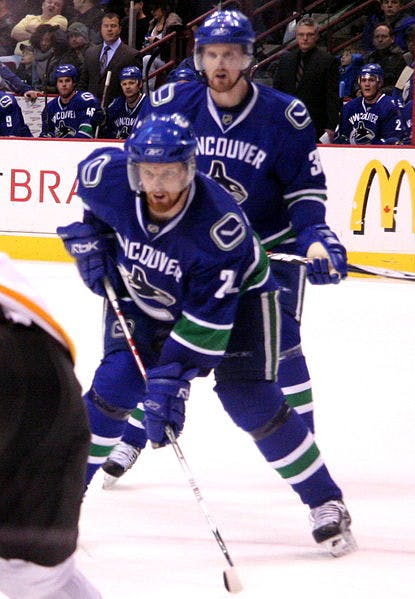
Photo: Iwona Erskine-Kellie/Wikimedia/CC BY-SA 2.0
The first piece traded away was Bryan McCabe. New Canucks general manager Brian Burke sent McCabe away along with a conditional first round pick (11th overall in 2000, as it turned out) to Chicago for the fourth overall pick in 1999. That pick was then dealt to Tampa Bay along with a pair of third-round picks for the first overall selection, a pick that the Canucks then swapped to Atlanta for the second overall pick and a third round pick in 2000. The second overall pick was used to select Daniel Sedin.
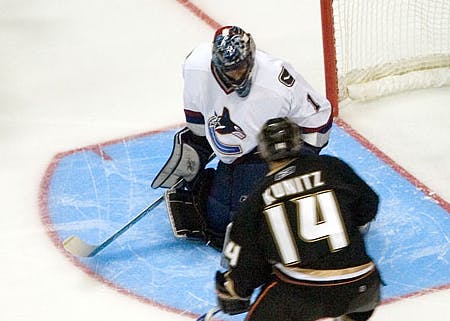
Photo: Elliot/Wikimedia/CC BY-SA 2.0
Todd Bertuzzi enjoyed a number of productive years in Vancouver, but the Steve Moore incident made a trade desirable. Here again, Mike Keenan was able to help out the Canucks. Now the G.M. in Florida, Keenan swapped goalie Roberto Luongo, defenceman Lukas Krajicek and a sixth round pick (Sergei Shirokov) for a package that included Bertuzzi, goaltender Alex Auld, and a conditional pick (never used). While not without his faults, Luongo has stabilized the crease in Vancouver that had been in flux since Kirk MacLean tended it in the mid-1990’s.
The Canucks had to add other, significant, assets along the way, but the Linden trade produced players that would not only excel in Vancouver but also turned out to be the centerpiece of deals that set the foundation of the current club.
It would have been nice if Linden had been able to spend his whole career in Vancouver. Ultimately, he was embraced by fans once again upon his return to the team in 2001. But had it not been for that original trade, both the ‘West Coast Express’ teams of the early-2000’s and the current roster would have been much worse off.
Recently by Jonathan Willis
- Will Ryan Nugent-Hopkins always be bad at faceoffs?
- The case for Patrick Thoresen’s return to the NHL
- Ottawa Senators 2012-13 Season Preview
- St. Louis Blues 2012-13 Season Preview
- Best of the Nation: Week of September 30th
- The Russian solution
- What Magnus Paajarvi needs to do more frequently
Recent articles from Jonathan Willis

